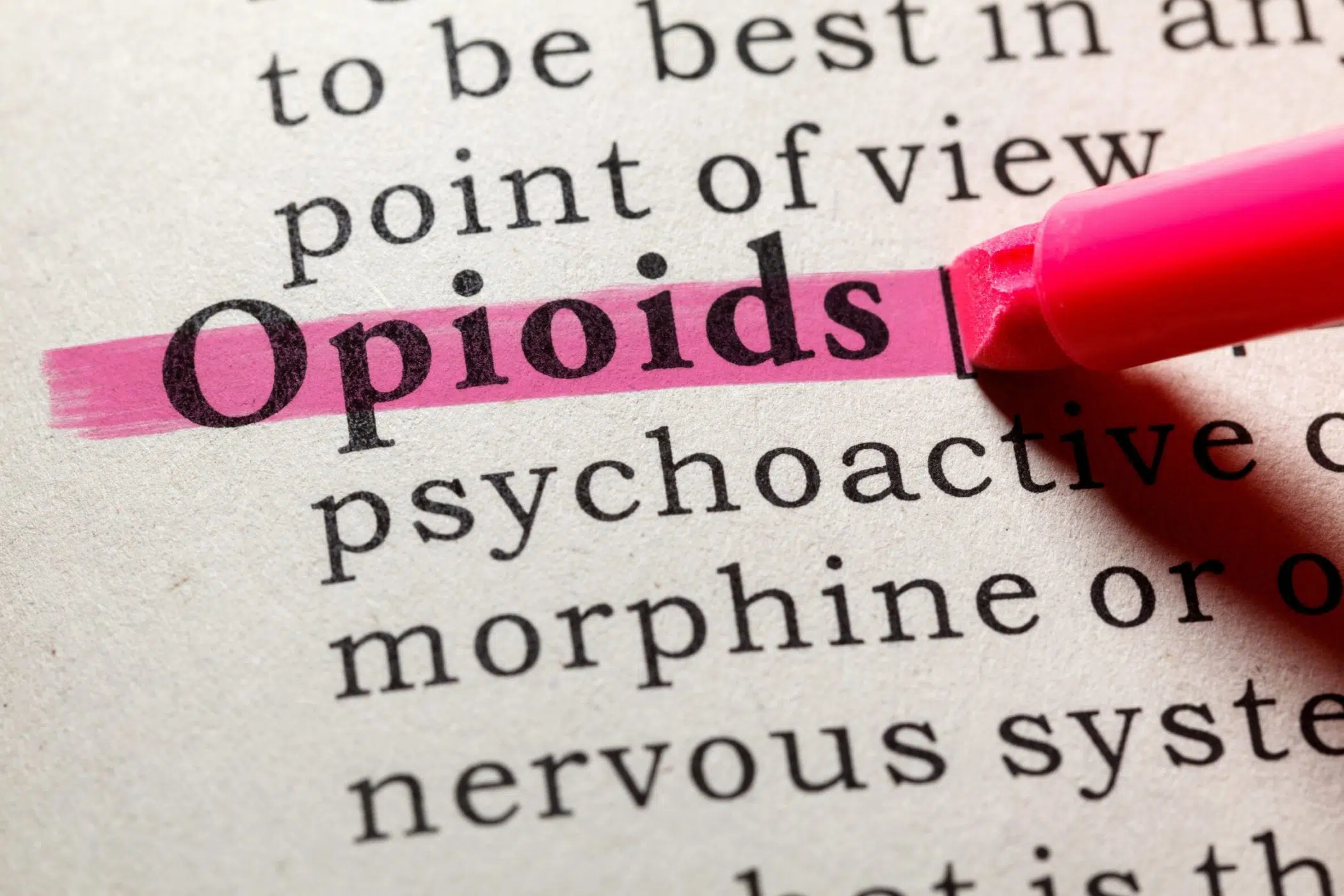 There are countless misconceptions surrounding addiction. These range from the nature of the condition to the character of those it afflicts, and on to the process of recovery. Naturally, the process of helping those who suffer from addiction doesn’t end at rehab. It’s also essential to help their friends, family, and the general public understand the condition.
There are countless misconceptions surrounding addiction. These range from the nature of the condition to the character of those it afflicts, and on to the process of recovery. Naturally, the process of helping those who suffer from addiction doesn’t end at rehab. It’s also essential to help their friends, family, and the general public understand the condition.
What is Addiction?
If you survey people on what addiction is, you’ll receive many answers. Some might say that it’s a sign of weak character or a deficiency of will, but this couldn’t be more wrong. The science is clear on the catastrophic impact that addiction has on executive function and self-control. Additionally, drug addiction alters the reward system and instills a sense of need for the drug.
It bears mentioning that this sense of need isn’t purely psychological. Every year, hundreds of people who attempt to break their addiction through willpower die from alcohol withdrawal alone. Addiction is a disease that people from all walks of life can struggle with.
What Kind of People Suffer From Addiction?
Virtually every sort of person regardless of race or class can struggle with addiction. Where crack decimated poor, inner city communities, the opioid epidemic is currently ravaging the affluent suburbs. Many beloved celebrities and stars have struggled with addiction or even died of an overdose.
No amount of success or goodness makes someone immune to developing an addiction to prescription drugs, recreational drugs, or alcohol. When someone is suffering from addiction, attempting to overcome it through virtue or willpower can be dangerous and demoralizing. What an addict needs is sympathy, understanding, and rehabilitation.
How Does Rehab Treat Addiction?
The first step in rehab is allowing an addict’s body to process and eliminate the addictive substances. This means going through withdrawals in a safe, controlled environment. In many cases, quitting all at once simply isn’t possible. In this case, a rehab clinic may administer the substance or some form of medication so an addict can safely, gradually quit.
However, detoxing is only the first step in recovery. It’s best to understand addiction as a chronic ailment, along the lines of asthma or hypertension. After the initial treatment, aftercare is essential to help the addict reenter productive life. This can take the form of an extended period in rehab while they find their footing, so to speak. However, addiction aftercare can also extend to therapy and follow-up appointments that continue indefinitely.
These measures help reduce the rates of relapse, which are unfortunately quite high. But while relapse is always unfortunate, it’s never cause to give up.
Does Relapsing Mean an Addict Has Failed?
Relapsing is a frequent occurence after rehab. However, it’s not an on-the-spot failure of will. Rather, it’s the predictable conclusion of a process that typically starts with emotional and mental decline prior to the act of using the drug again. Many addicts will relapse at least once, particularly in the first year of recovery.
That said, relapse is a setback, not failure. In general, recovery is an ongoing process that doesn’t have a neat, tidy conclusion. Staying sober isn’t a matter of avoiding substance abuse out of willpower, but building and maintaining a healthy lifestyle. This is much easier for a recovering addict to achieve with the benefit of modern addiction science and a supportive, understanding community.

